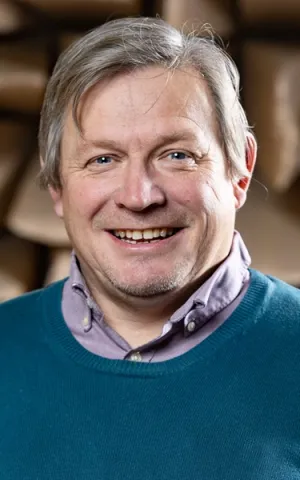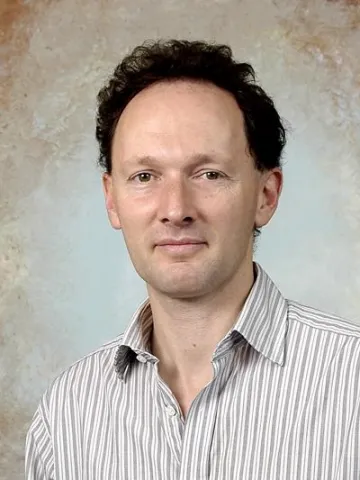About the project
Carbon capture and storage (CCS) is a key technology in the transition to a low carbon economy. It involves collecting CO2, usually during industrial activities, and injecting it into reservoirs deep in the earth where it will not contribute to climate change.
In this project, you will be developing methods which detect and quantify escaping gas, should a leak occur (leaks are expected to be very rare events so the technology must be reliable).
In the UK the most promising storage sites are exhausted oil and gas fields under the North Sea. During and after the injection of CO2 into the reservoir one needs to be able to monitor the surrounding area to ensure that the CO2 does not escape back into the environment, in the marine case that is ensuring CO2 does enter the water.
Acoustic methods provide a powerful tool for monitoring marine CCS facilities. The joint team at Southampton (based at the Institute of Sound and Vibration Research, the School of Ocean and Earth Science and the National Oceanography Centre) has been at the forefront of the development of the acoustic monitoring of CCS facilities for the last decade. This research project is to be sponsored by, and will work with, the National Physical Laboratory (NPL) Teddington.
As part of this project, you will conduct of a sequence of experiments aimed at improving our understanding of the sounds made by CO2 bubbles as they are emitted from the seabed into the water. This will include studying the influence of various factors, but primarily depth and sediment type. These experiments will employ specialist facilities available at the University and at NPL.
In addition to experimental work data collected in these experiments, data from previous sea trials will be analysed. As part of a parallel on-going project, we will be collecting data in 2023 from further at sea trials, which will also be available for this project. The experimental work and analysis will be supported by mathematical modelling of the physical processes involved.
To successfully undertake this project, you will need to be computer literate, experience in either Python or MATLAB would be an advantage, not only for analysis but also to implement physical models. You should also be able to conduct careful lab-based experiments and be happy to part-take with sea trials (should the opportunity arise).

